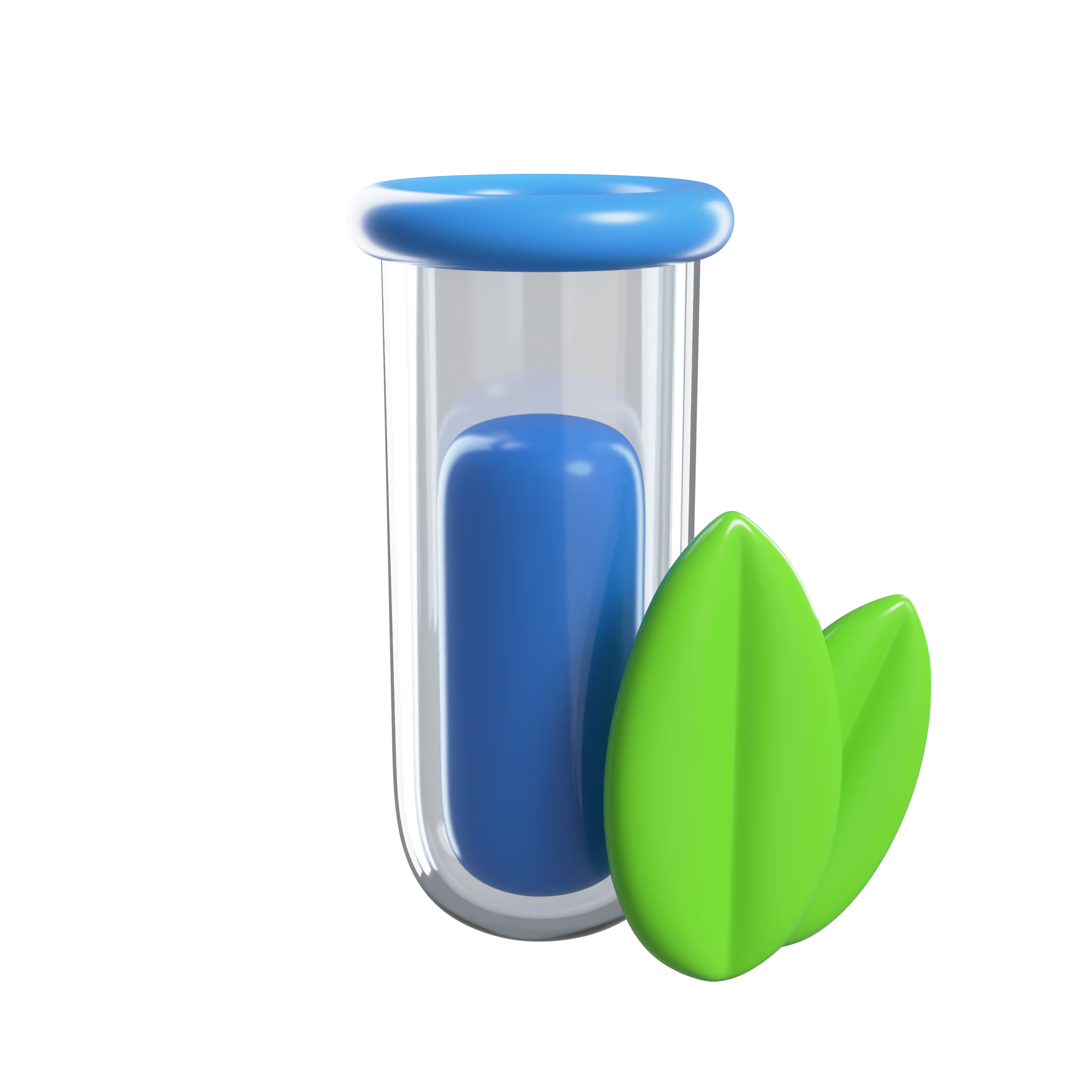IGCSE Biology provides students with a solid foundation in understanding the biological world, covering essential concepts such as cell biology, genetics, ecology, and human physiology. The subject emphasizes not only theoretical knowledge but also the application of biology in everyday life and scientific advancements. It promotes practical skills through experiments and investigations, preparing learners to think critically and engage with real-world biological challenges.
Cambridge 0610
IGCSE Biology

Peer Crafted Study Notes
The notes here are hand made by students for students ensuring that they are written from a similar perspective, ultimately making it easier to comprehend and learn from. We strive to retain short yet comprehensive notes. Hence, you will see us hitting all the important concepts and details you could possibly need without making it too wordy. Whether it's for last minute revision, or understanding the whole concept, we got you!
Author
Tahsin Sadiq Rafin
Syllabus Year
2023-2025
Full Syllabus Coverage
Immerse yourself in carefully crafted subject specific notes by our continuously hardworking team! Our notes are specially made to cover the whole IGCSE or A-level syllabi with a good eye for the most frivolous of details, up to the most crucial concepts. As students we always doubt if we accidentally dropped an important concept or missed a pivotal detail, with our notes you won’t need to worry any longer. We cover everything you need to know to ace your exam, so don’t worry, you’ll be getting a good night’s sleep before your exams!
Characteristics and classification of living organisms
Understanding the key traits of living things and how they are grouped into different taxonomic categories.
Organisation of the organism
Study of the structure and functions of cells, tissues, organs, and systems in living organisms.
Movement into and out of cells
Exploration of diffusion, osmosis, and active transport as processes for substance exchange in cells.
Biological molecules
Overview of essential molecules like carbohydrates, proteins, lipids, and their roles in living organisms.
Enzymes
Study of biological catalysts that speed up chemical reactions in cells, including factors affecting enzyme activity.
Plant nutrition
Examination of photosynthesis and the role of nutrients in plant growth and development.
Human nutrition
Analysis of the human digestive system, balanced diet, and nutrient absorption.
Transport in plants
Study of how water, minerals, and nutrients are transported through xylem and phloem in plants.
Transport in animals
Examination of the circulatory system in animals, focusing on blood, blood vessels, and the heart.
Diseases and immunity
Understanding how the body defends against pathogens and the role of vaccines in immunity.
Gas exchange in humans
Study of the respiratory system and how oxygen and carbon dioxide are exchanged in the lungs.
Respiration
Examination of aerobic and anaerobic respiration processes that release energy from food.
Excretion in humans
Understanding how the body removes waste products like urea and carbon dioxide through the kidneys and lungs.
Coordination and response
Exploration of how the nervous and hormonal systems control and coordinate responses to stimuli.
Drugs
Study of the effects of various drugs on the body, including medicinal and recreational substances.
Reproduction
Understanding sexual and asexual reproduction, including human reproductive systems and plant reproduction.
Inheritance
Study of how genetic traits are passed from parents to offspring through genes and alleles.
Variation and selection
Exploration of genetic variation within populations and how natural selection leads to evolution.
Organisms and their environment
Study of ecosystems, food chains, and how organisms interact with their environment.
Human influences on ecosystems
Examination of the impact of human activities like deforestation, pollution, and conservation efforts on ecosystems.
Biotechnology and genetic modification
Understanding how living organisms are used in biotechnology, and the role of genetic engineering in modifying traits.